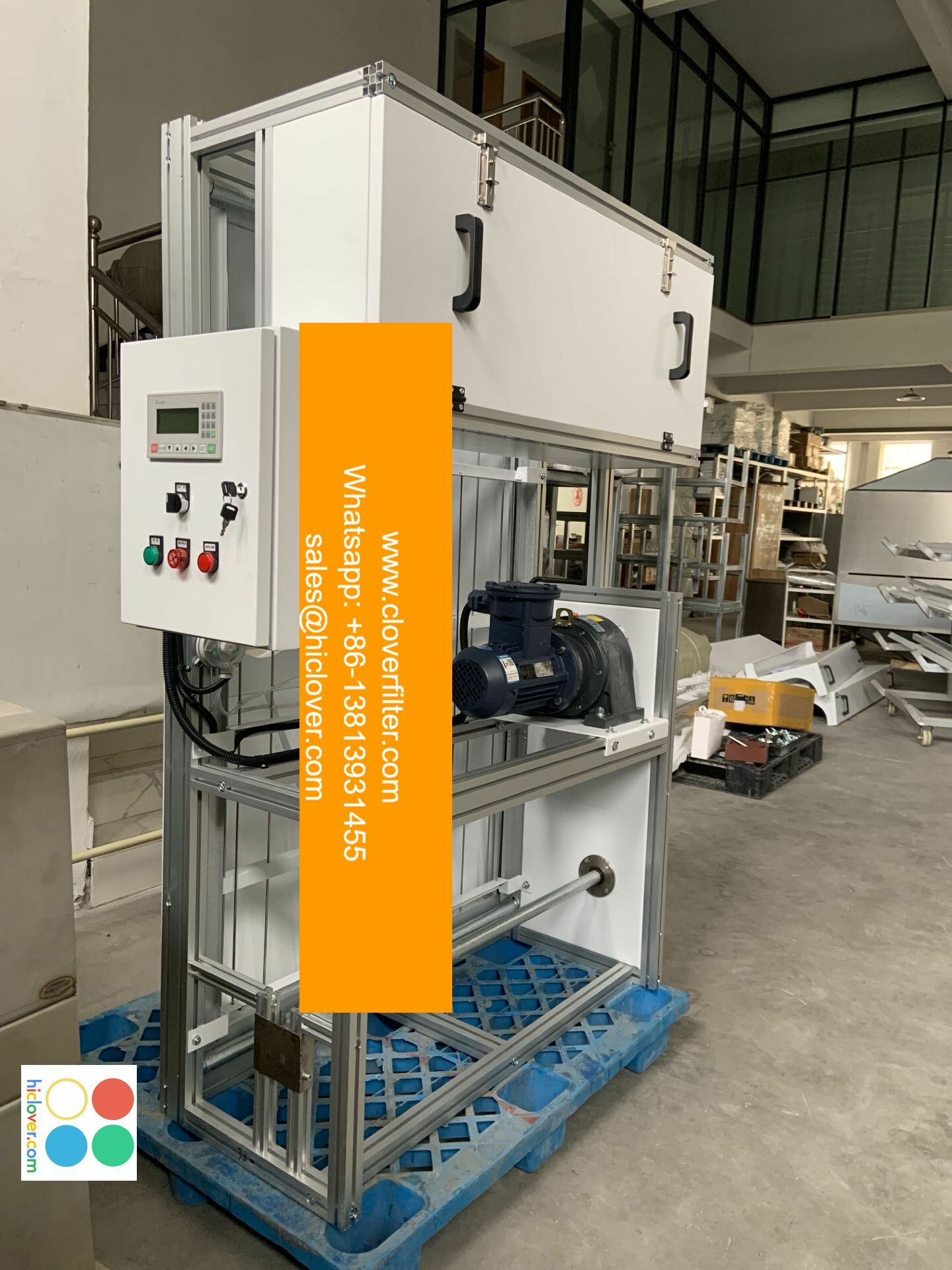The Best Air Filters for Allergies: Installation and Maintenance

The Best Air Filters for Allergies: Installation and Maintenance
Introduction
Do you suffer from allergies? Do you find yourself constantly coughing, sneezing, and feeling unwell due to airborne allergens? If so, you’re not alone. Millions of people around the world suffer from allergies, and it’s crucial to find the right air filter to alleviate their symptoms. In this article, we’ll explore the best air filters for allergies, installation, and maintenance tips to help you breathe easier.
The Best Air Filters for Allergies
- High-Efficiency Particulate Air (HEPA) Filters
- HEPA filters are the gold standard for allergy sufferers. They capture 99.97% of particles as small as 0.3 microns, including dust, pollen, and pet dander.
- HEPA filters are effective against mold, bacteria, and viruses, making them an excellent choice for households with pets or smokers.
- Activated Carbon Filters
- Activated carbon filters are designed to capture gases, odors, and chemicals, making them ideal for households with strong cooking or pet smells.
- Multi-Layer Filters
- Multi-layer filters combine the benefits of HEPA and activated carbon filters, providing superior airflow and increased filtration effectiveness.
Installation and Maintenance Tips
- Proper Installation
- Make sure to install your air filter in the correct direction, as specified by the manufacturer.
- Secure the filter firmly to the air handling unit to prevent air leaks and ensure proper airflow.
- Regular Replacement
- Replace your air filter every 1-3 months, depending on usage and manufacturer recommendations.
- Consider upgrading to a more advanced filter if you notice a decrease in air quality or increased allergy symptoms.
- Cleaning and Maintenance
- Clean your air filter gently with a soft cloth to remove visible debris.
- Use a vacuum cleaner with a HEPA filter to capture small particles and improve airflow.
Application Areas
- Residential Homes
- Install air filters in central air handling units, HVAC systems, or individual room air conditioners.
- Commercial Spaces
- Install air filters in office buildings, schools, hospitals, and other public areas to maintain a healthy environment.
- Vehicles
- Replace standard air filters with HEPA or activated carbon filters in your car, SUV, or RV to reduce allergens and odors.
Conclusion
The best air filters for allergies offer a range of benefits, from improved indoor air quality to reduced allergy symptoms. By choosing the right filter and following proper installation and maintenance tips, you can breathe easier and live healthier. Remember to consider your specific needs, such as pet owners or strong cooking smells, and upgrade to a more advanced filter if needed. With the right air filter, you’ll be on your way to a healthier, happier you.
I’m happy to help! What would you like to talk about or ask? Do you have a specific topic in mind or just want to have a casual conversation? I’m here to listen and help in any way I can!

